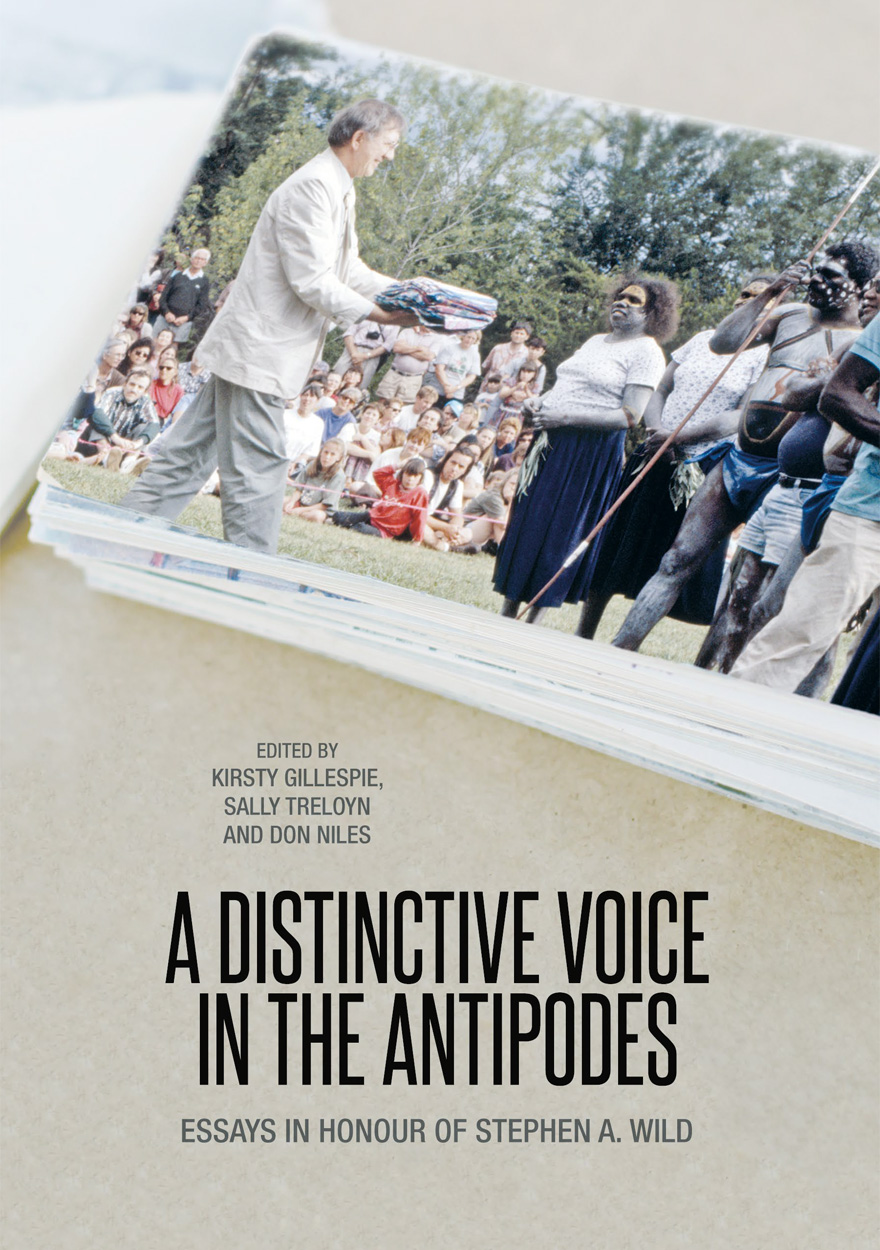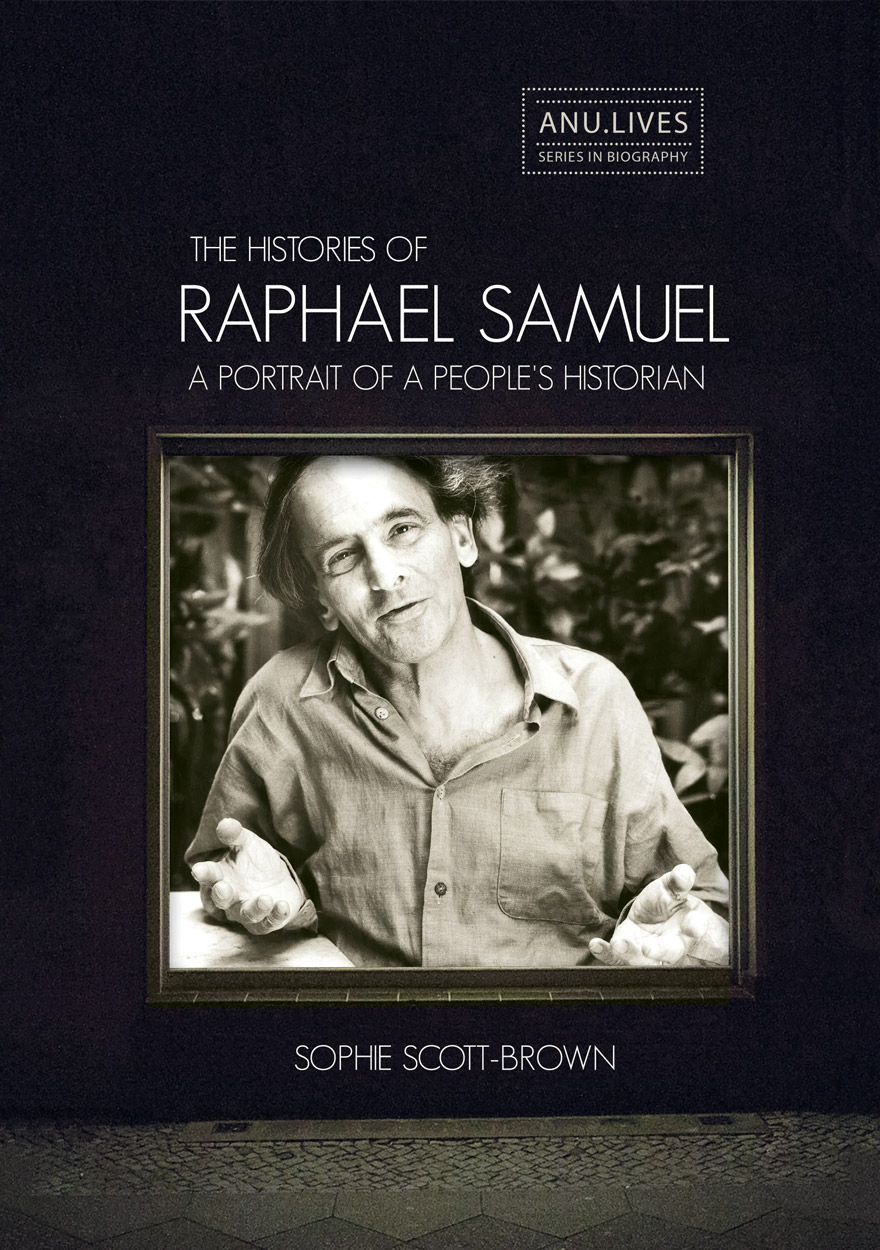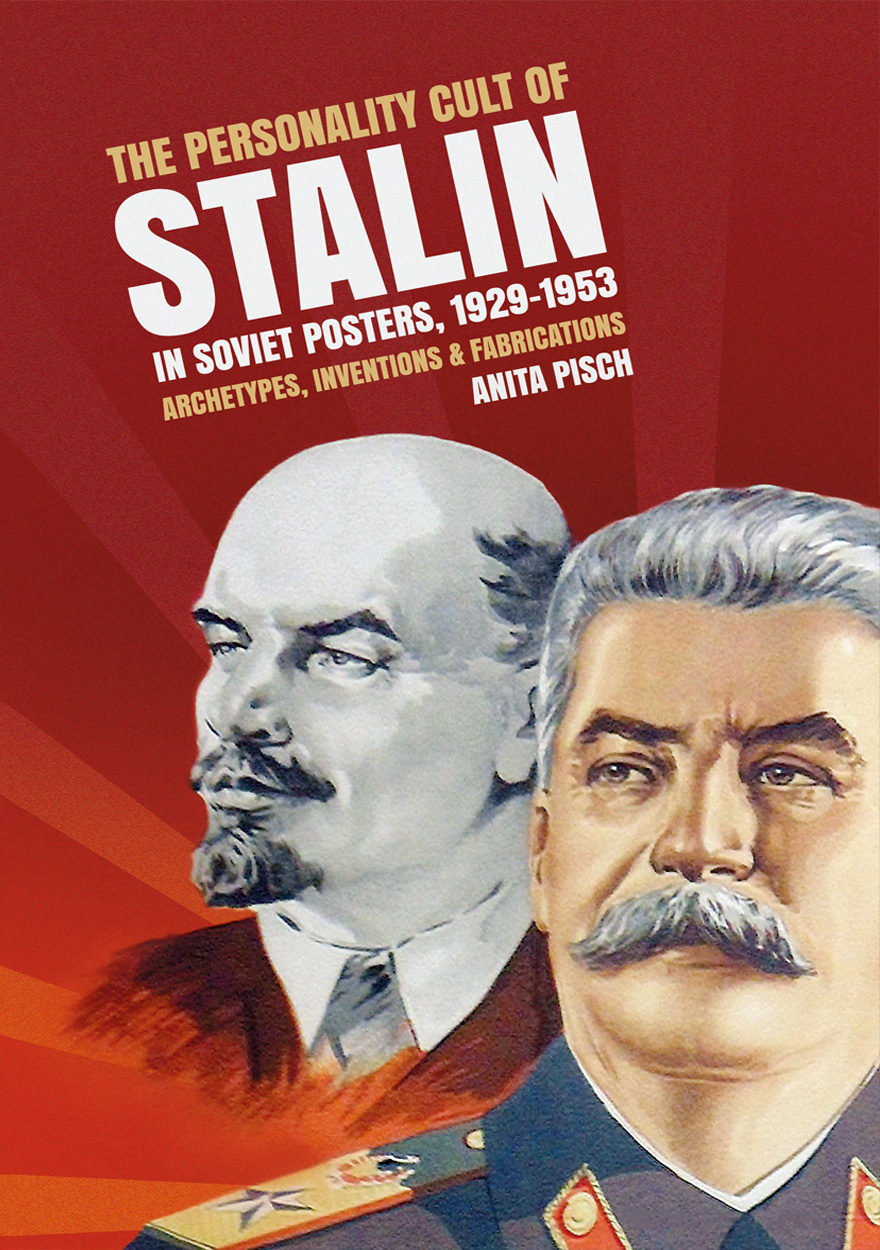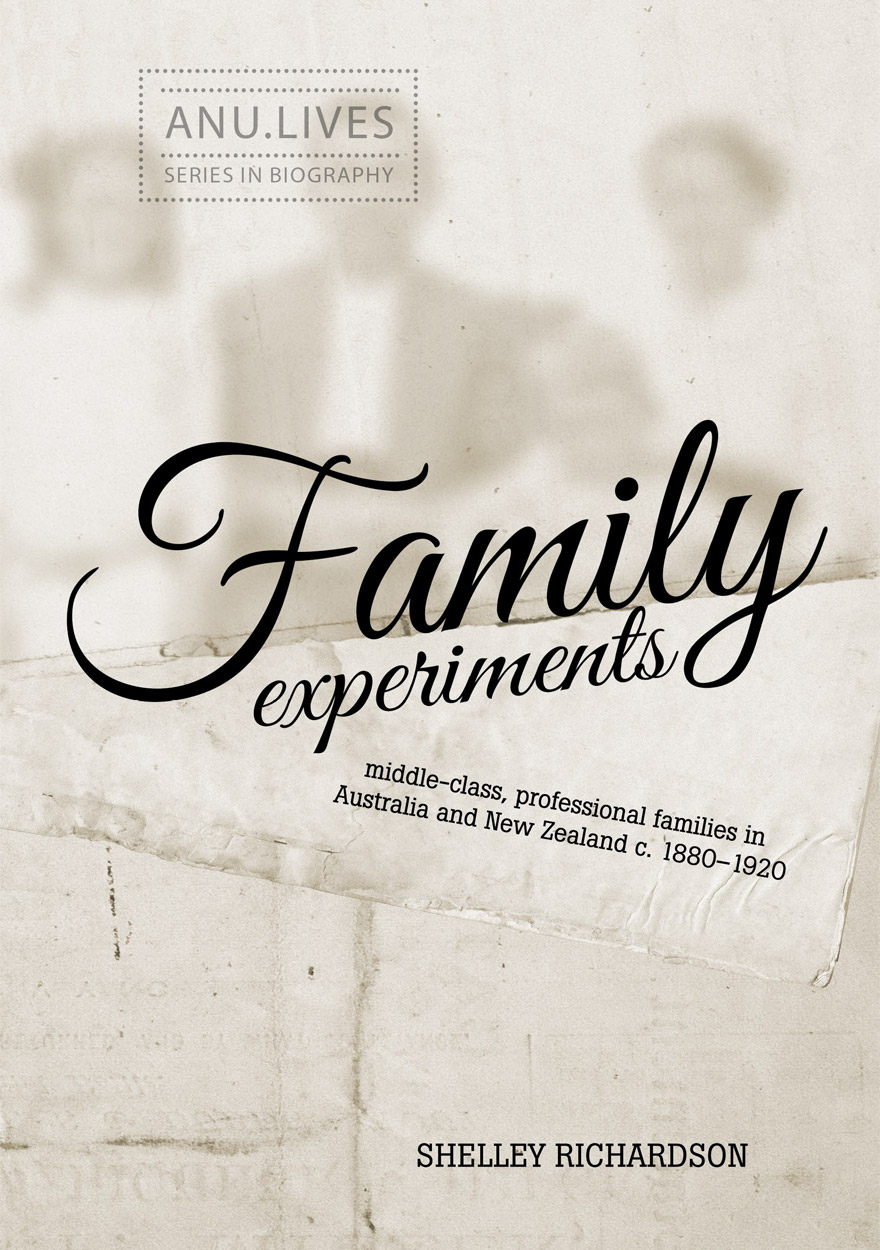Books
Browse or search ANU Press' range of books or find out more about the publications' authors and co-publishers. Download the book for free or buy a print-on-demand copy.
Displaying results 51 to 60 of 233.

A Distinctive Voice in the Antipodes »
Essays in Honour of Stephen A. Wild
Publication date: July 2017
This volume of essays honours the life and work of Stephen A. Wild, one of Australia’s leading ethnomusicologists. Born in Western Australia, Wild studied at Indiana University in the USA before returning to Australia to pursue a lifelong career with Indigenous Australian music.
As researcher, teacher, and administrator, Wild’s work has impacted generations of scholars around the world, leading him to be described as ‘a great facilitator and a scholar who serves humanity through music’ by Andrée Grau, Professor of the Anthropology of Dance at University of Roehampton, London.
Focusing on the music of Aboriginal Australia and the Pacific Islands, and the concerns of archiving and academia, the essays within are authored by peers, colleagues, and former students of Wild. Most of the authors are members of the Study Group on Music and Dance of Oceania of the International Council for Traditional Music, an organisation that has also played an important role in Wild’s life and development as a scholar of international standing.
Ranging in scope from the musicological to the anthropological—from technical musical analyses to observations of the sociocultural context of music—these essays reflect not only on the varied and cross-disciplinary nature of Wild’s work, but on the many facets of ethnomusicology today.

The Histories of Raphael Samuel »
A portrait of a people's historian
Authored by: Sophie Scott-Brown
Publication date: May 2017
In the first integrated biographical study of his work, this book situates British historian Raphael Samuel (1934–1996) in relation to his distinctive form of activist politics as they developed from youthful Cold War communism to the first British New Left, 1960s radicalism to the 1980s history wars.
As the catalyst behind the History Workshop movement, Samuel championed the democratisation of history-making and practised an eclectic form of people’s history in his own work. His unique approach was controversial, drawing impassioned responses from across the ideological spectrum, the most sustained critique often coming from his left-wing contemporaries. It is argued here that this compelling figure has been unjustly neglected and that he continues to offer important insights into the politics of history-making in a post-Marxist world.

Dilthey’s Dream »
Essays on human nature and culture
Authored by: Derek Freeman
Publication date: April 2017
With great eloquence, Derek Freeman takes the reader on an intellectual journey through the complexities of philosophical anthropology. Even while the controversial Nature–Nurture debate raged, Freeman contended that the crucial fact that humans had the capacity to make choices was ‘both intrinsic to our biology and basic to the very formation of cultures’. Thus the scene was set for his widely publicised criticism of Margaret Mead’s book Coming of Age in Samoa. Publishing her research in 1926, Mead concluded that all human behaviour was the result of social conditioning. Freeman refuted this assumption in 1983, urging closer interactions between the biological sciences and cultural studies to bridge the ever-widening chasm threatening all studies of humankind.
Dilthey’s Dream is an engagingly powerful set of essays depicting the depth of one man’s thinking on issues, which consumed a lifetime.

New Worlds from Below »
Informal life politics and grassroots action in twenty-first-century Northeast Asia
Edited by: Tessa Morris-Suzuki, Eun Jeong Soh
Publication date: March 2017
In Asia today, the grand ideologies of the past have lost their power over the popular imagination. Even in many of the region’s democracies, popular engagement in the political process faces profound challenges. Yet amidst this landscape of political disenchantment, groups of ordinary people across Asia are finding new ways to take control of their own lives, respond to threats to their physical and cultural survival, and build better futures. This collection of essays by prominent scholars and activists traces the rise of a quiet politics of survival from the villages of China to Japan’s Minamata and Fukushima, and from the street art of Seoul and Hong Kong to the illegal markets of North Korea. Introducing an innovative conceptual framework, New Worlds from Below shows how informal grassroots politics in Northeast Asia is generating new ideas and practices that have region-wide and global relevance.

Harnessing the Bohemian »
Artists as innovation partners in rural and remote communities
Authored by: Peter Skippington
Publication date: December 2016
Harnessing the Bohemian takes a fresh and interdisciplinary perspective on the intractable problem of shrinking populations and resources in remote/rural communities. It challenges the conventional wisdom of community development theories and practices and envisages more central roles for the creative disciplines in revitalising futures planning.
It argues that the evolution of technologies, the emergence of creative economies, the increasing demand for creative products, and the emergence of new creative talent are continually changing community expectations and opportunities. Consequentially, fresh arguments and new ideas must be developed to stimulate more creative and innovative approaches to community development. Recognising that creativity and innovation exist across all community sectors, this book proposes practical new approaches that harness the creative capital of all community stakeholders.

The personality cult of Stalin in Soviet posters, 1929–1953 »
Archetypes, inventions and fabrications
Authored by: Anita Pisch
Publication date: December 2016
From 1929 until 1953, Iosif Stalin’s image became a central symbol in Soviet propaganda. Touched up images of an omniscient Stalin appeared everywhere: emblazoned across buildings and lining the streets; carried in parades and woven into carpets; and saturating the media of socialist realist painting, statuary, monumental architecture, friezes, banners, and posters. From the beginning of the Soviet regime, posters were seen as a vitally important medium for communicating with the population of the vast territories of the USSR. Stalin’s image became a symbol of Bolshevik values and the personification of a revolutionary new type of society. The persona created for Stalin in propaganda posters reflects how the state saw itself or, at the very least, how it wished to appear in the eyes of the people.
The ‘Stalin’ who was celebrated in posters bore but scant resemblance to the man Iosif Vissarionovich Dzhugashvili, whose humble origins, criminal past, penchant for violent solutions and unprepossessing appearance made him an unlikely recipient of uncritical charismatic adulation. The Bolsheviks needed a wise, nurturing and authoritative figure to embody their revolutionary vision and to legitimate their hold on power. This leader would come to embody the sacred and archetypal qualities of the wise Teacher, the Father of the nation, the great Warrior and military strategist, and the Saviour of first the Russian land, and then the whole world.
This book is the first dedicated study on the marketing of Stalin in Soviet propaganda posters. Drawing on the archives of libraries and museums throughout Russia, hundreds of previously unpublished posters are examined, with more than 130 reproduced in full colour. The personality cult of Stalin in Soviet posters, 1929–1953 is a unique and valuable contribution to the discourse in Stalinist studies across a number of disciplines.

Australia goes to Washington »
75 years of Australian representation in the United States, 1940–2015
Publication date: December 2016
Since 1940, when an Australian legation was established in Washington DC, Australian governments have expected much from their representatives in the American capital. This book brings together expert analyses of those who have served as heads of mission and of the challenges they have faced. Ranging beyond conventional studies of the Australian–United States relationship, it provides insights into the dynamics between Australian and US policymakers and into the culture of one of Australia’s oldest and most important overseas missions. It provides an appreciation of the importance of the embassy and the head of mission in Washington in mediating the relationship between Australia and the United States and of their role in managing expectations in Canberra and Washington. Australia Goes to Washington also sheds new light on personal trials and achievements at the coalface of Australian–United States relations.

Family Experiments »
Middle-class, professional families in Australia and New Zealand c. 1880–1920
Authored by: Shelley Richardson
Publication date: November 2016
Family Experiments explores the forms and undertakings of ‘family’ that prevailed among British professionals who migrated to Australia and New Zealand in the late nineteenth century. Their attempts to establish and define ‘family’ in Australasian, suburban environments reveal how the Victorian theory of ‘separate spheres’ could take a variety of forms in the new world setting.
The attitudes and assumptions that shaped these family experiments may be placed on a continuum that extends from John Ruskin’s concept of evangelical motherhood to John Stuart Mill’s rational secularism. Central to their thinking was a belief in the power of education to produce civilised and humane individuals who, as useful citizens, would individually and in concert nurture a better society.
Such ideas pushed them to the forefront of colonial liberalism. The pursuit of higher education for their daughters merged with and, in some respects, influenced first-wave colonial feminism. They became the first generation of colonial, middle-class parents to grapple not only with the problem of shaping careers for their sons but also, and more frustratingly, what graduate daughters might do next.

A Difficult Neighbourhood »
Essays on Russia and East-Central Europe since World War II
Authored by: John Besemeres
Publication date: October 2016
Through a series of essays on key events in recent years in Russia, the western ex-republics of the USSR and the countries of the one-time Warsaw Pact, John Besemeres seeks to illuminate the domestic politics of the most important states, as well as Moscow’s relations with all of them. At the outset, he takes some backward glances at the violent suppression of national life in the ‘bloodlands’ of Europe during World War II by the Stalinist and Nazi regimes, which helps to explain much about the region’s dynamics since. His concern throughout is that a large area of Europe with a combined population well in excess of Russia’s could again be consigned by the West to Moscow’s care, not this time by more and less malign forms of collusion, but by distracted negligence or incomprehension.
‘This is a wonderful collection of essays from a leading Eastern Europe specialist. John Besemeres brings a lifetime of experience, profound insights, and an incisive style to subjects ranging from wartime and post-war Poland through contemporary Ukraine to Putin’s Russia. At a time when doublespeak has become the new normal, his refreshing honesty has never been in greater need.’
— Bobo Lo
This publication was awarded a Centre for European Studies Publication Prize in 2015. The prize covers the cost of professional copyediting.

A Philosophy of Intellectual Property »
Authored by: Peter Drahos
Publication date: June 2016
Are intellectual property rights like other property rights? More and more of the world’s knowledge and information is under the control of intellectual property owners. What are the justifications for this? What are the implications for power and for justice of allowing this property form to range across social life? Can we look to traditional property theory to supply the answers or do we need a new approach? Intellectual property rights relate to abstract objects – objects like algorithms and DNA sequences. The consequences of creating property rights in such objects are far-reaching. A Philosophy of Intellectual Property argues that lying at the heart of intellectual property are duty-bearing privileges. We should adopt an instrumentalist approach to intellectual property and reject a proprietarian approach – an approach which emphasises the connection between labour and property rights. The analysis draws on the history of intellectual property, legal materials, the work of Grotius, Pufendorf, Locke, Marx and Hegel, as well as economic, sociological and legal theory. The book is designed to be accessible to specialists in a number of fields as well as students. It will interest philosophers, political scientists, economists, and legal scholars, as well as those professionals concerned with policy issues raised by modern technologies and the information society.
Download for free
Not available for purchase



